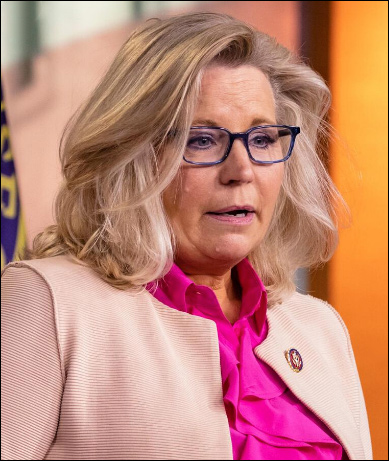By Jim Ellis
March 15, 2021 — Two of the upcoming special elections to fill vacancies in the US House will occur next weekend, and a new Louisiana poll suggests one of them will likely advance two candidates into a secondary April 24 runoff election.
The Edgewater Research/My People Vote survey tested 651 likely voters in Louisiana’s vacant 2nd Congressional District over the March 2-7 period in preparation for the March 20 jungle primary election. A likely voter for purposes of this study were people who have voted at least seven times in the last 10 statewide elections.
The pollsters, however, only named three of the 15 candidates on the ballot in testing the electorate. The query asked if the respondent is supporting “Troy Carter, Karen Carter Peterson, Gary Chambers, or someone else.”
The names refer to state Sens. Troy Carter (D-New Orleans) and Karen Carter Peterson (D-New Orleans), and Baton Rouge community activist Gary Chambers. No Republican was named in the survey even though author Claston Bernard and Greg Lirette have raised more money than Chambers, for example. The latter man, however, is well known as an activist who attracts a great deal of attention in the Baton Rouge media market.
The ballot test found the electorate breaking 35-24-11 percent in favor of Sen. Carter, with Peterson and Chambers following, respectively. The response for “someone else” was 16 percent. Sen. Carter, however, leads Sen. Peterson only 39-35 percent among Democratic voters, the dominant party in this district that captures most of the city of New Orleans and meanders northwest to include heavily African American Baton Rouge precincts.
The 2nd District basically divides into just two races: black and white. Of the citizen voting age population, blacks account for 61.5 percent and whites 31.7 percent. All other race categories comprise the remaining 6.8 percent of the demographic composition.
Within the black vote, Sen. Carter leads Sen. Peterson, 40-26 percent with Chambers getting 11 percent and someone else 8 percent. Within the white vote, the contest is much closer. In this case, the someone else category places first at 28 percent with Sen. Carter then topping Sen. Peterson in a much tighter 23-20 percent spread. Chambers had 10 percent support in the white category.





 Jan. 9, 2020 — The Mason-Dixon Polling & Strategy company surveyed the Georgia electorate to test President Donald Trump’s approval rating after being impeached in the House and, as in several other places, his Peach State standing appears slightly better today than it was in the previous year.
Jan. 9, 2020 — The Mason-Dixon Polling & Strategy company surveyed the Georgia electorate to test President Donald Trump’s approval rating after being impeached in the House and, as in several other places, his Peach State standing appears slightly better today than it was in the previous year.
